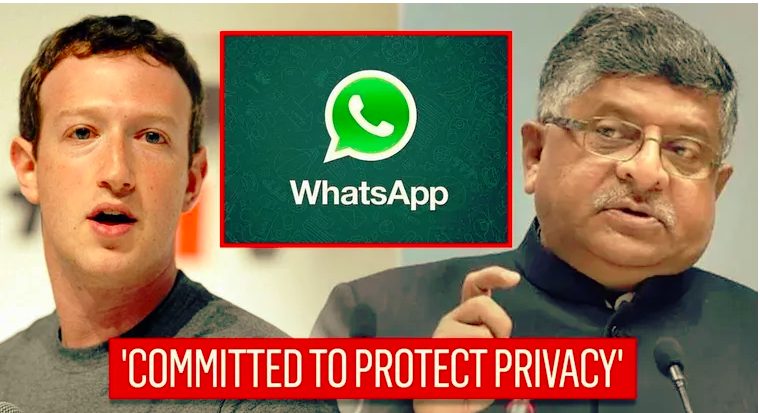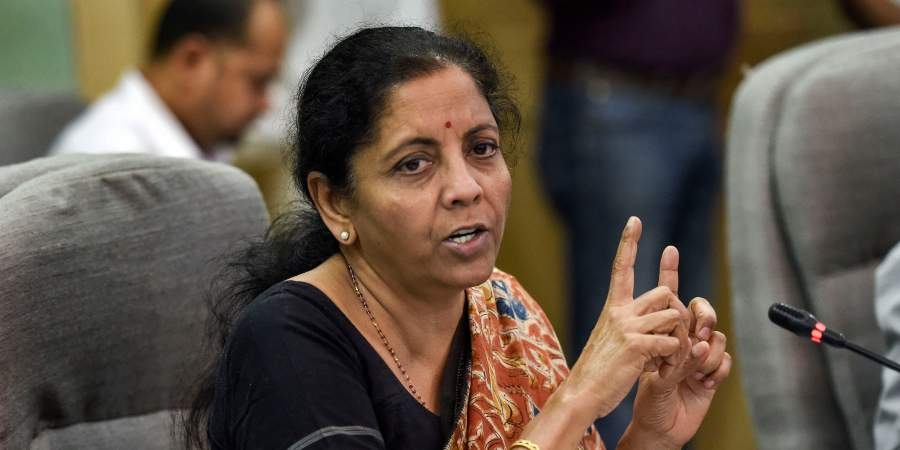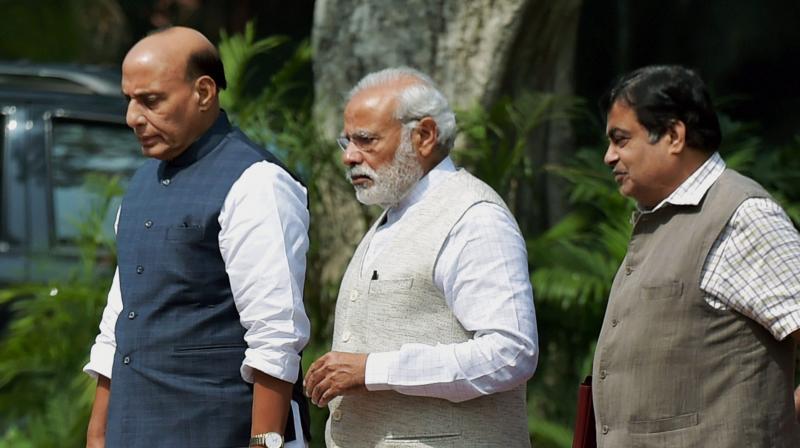The ministry of electronics and information technology (MeitY) has once again asked WhatsApp to withdraw its new privacy policy, which has given rise to a huge controversy since the messaging service first announced it in December last year.
According to sources, in a communication sent to WhatsApp on Tuesday, the ministry asked the Facebook-owned firm to roll back its privacy policy update, saying that the manner of introducing these changes, including in FAQs, undermines the sacrosanct values of informational privacy, data security and user choice for Indians and harms the rights and interests of Indian citizens.
The ministry has taken the same stand in the Delhi High Court, where the matter is subjudice. MeitY has given WhatsApp seven days to respond to its letter, and said “if no satisfactory response is received, necessary steps in consonance with law will be taken”.
The government had asked WhatsApp to withdraw its new privacy policy in January as well, maintaining that the proposed changes “make invasive and precise inferences about users”. WhatsApp had earlier set a deadline of February 8 for these changes, but had deferred it to May 15 after a backlash and serious privacy concerns over users’ data being shared with Facebook.
Earlier, in an update to its frequently asked questions page, WhatsApp said it would give everyone the time to review and accept the changes to its privacy policy.
WhatsApp maintains that it is not doing anything new. In an affidavit filed with the Delhi High Court on Friday, the messaging platform said the privacy policy update would not affect the privacy of personal messages of users in any way.
Whatsapp further said that companies such as Google, Microsoft, Zoom, Zomato, RSS propaganda TV Republic World, Ola Cabs, True caller, Big Basket, Koo, and public sector entities such as Aarogya Setu, Bhim, Air India, Sandes, Government e-Marketplace (GeM), Indian Railway Catering and Tourism Corporation (IRCTC), also have similar policies.
“We continue to engage with the government and we reaffirm what we said before.
This update does not impact the privacy of personal messages for anyone.
Our goal is to provide information about new options we are building that people will have in the future.
While the majority of users who have received the new terms of service have accepted them, we appreciate some people haven’t had the chance to do so yet.
No accounts were deleted on May 15 because of this update and no one in India lost functionality of WhatsApp.
We will follow up with reminders to people over the next several weeks,” said a spokiesperson for WhatsApp.
For now, Germany has banned the update over privacy concerns, and the company has not enforced it in the country.
MeitY has also flagged this “discriminatory treatment” in its communication to WhatsApp.
“As you are doubtlessly aware, many Indian citizens depend on WhatsApp to communicate in everyday life.
It is not just problematic, but also irresponsible, for WhatsApp to leverage this position to impose unfair terms and conditions on Indian users, particularly those that discriminate against Indian users vis-à-vis users in Europe,” the ministry said.
MeitY is also learnt to have told WhatsApp that its privacy policy is a violation of several provisions of existing Indian laws and rules.
According to legal experts, the government can take action on WhatsApp under some provisions of the Information Technology Act.









